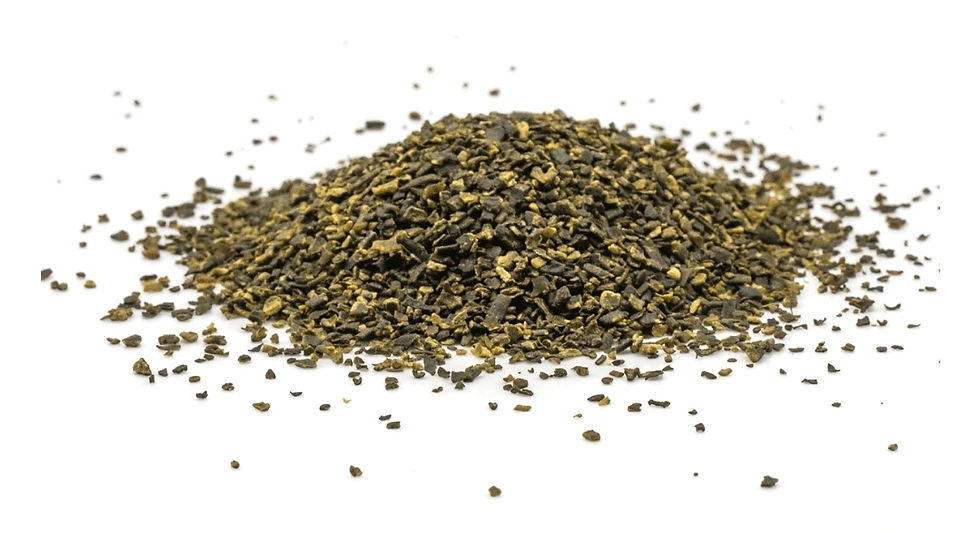Sea Kelp For Dogs And Cats
Ascophyllum Nodosum is commonly used in dental care for dogs and cats.
Seaweed is good for the teeth due to an enzyme known as Bacillus licheniformis. The enzyme works to protect against tooth decay by stripping bacteria away from plaque.
Ascophyllum nodosum is a large, common cold-water seaweed or brown alga in the Fucaceae family and is the only species in the genus Ascophyllum. It grows as a seaweed in the north Atlantic Ocean and is also know in localities as feamainn bhui, rockweed, Norwegian kelp, knotted kelp, knotted wrack or egg wrack.
Seaweed for dogs and cats
Adding a seaweed supplement to your pet’s dinner each night can help to reduce the amount of plaque that can build up on their teeth. Seaweed contains Ascophyllum nodosum; a species of kelp which helps to keep your pet’s teeth clean and reduce bad breath in a natural way.
Ascophyllum nodosum is a special source of brown seaweed selected for its ability to reduce plaque, tartar and bad breath. It contains bio-actives such as Fucoidans and Polyphenols which are systemically absorbed into the body tissues and are clinically proven to reduce oral plaque and improve gum and teeth health.
Seaweed is one of the most nutrient-dense and environmentally sustainable crops on the planet. In addition to being one of the richest sources of minerals and protein (amino acids), seaweed helps support digestive sensitivity in pets. This is because it is packed with fiber, which contains anti-inflammatory, anti-tumor and anti-rheumatic properties. Seaweed is also full of prebiotics which helps sustain good bacteria in your pet’s stomach.
Seaweeds are also a great source of Omega-3 fatty acids, including a linolenic acid (an Omega-3 fatty acid that dogs need).
How much seaweed should I feed my dog?
Dosage
- 1 gram per day for small dogs
- 2 grams per day for medium-sized dogs
- 3 grams per day for large dogs
- 4-6 grams per day for giant breeds
SHIPPING INFO
Shipping costs will be calculated at checkout. We ship nationwide!
.png)



